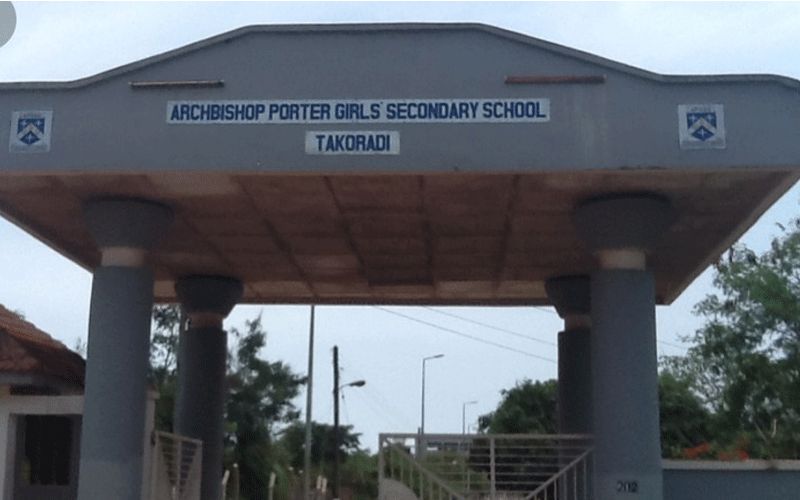Sekondi-Takoradi, 13 July, 2020 / 9:30 pm (ACI Africa).
Ghana is experiencing a new wave of COVID-19 infections, with cases among school going children on the rise, a situation that has caused fear among parents. Clerics in the west African country are calling on the government to intervene.
Fr. Eric Kwasi Elliason, Director of Health in the Catholic Diocese of Sekondi Takoradi said that it was upon the Ghanaian government to implement practical measures that would prevent further contagion in schools after taking the risk of reopening schools.
“Having taken (the) risk of allowing students to go to school, I seriously think we will need to put in place practical measures to help deal with the pockets of infections being recorded in some of our schools,” said Fr. Eric in an interview with ACI Africa correspondent Monday, July 13.
He added, “As an actor in the health service delivery of Ghana, I caution that the risk we have taken to allow our students to go to school at this cold season is not worth it knowing the virus spreads quickly in such a season.”
On July 13, the Ghana Education Service (GES) reported that 14 Senior High Schools (SHSs) including some Catholic institutions in the Western, Eastern and Volta regions of the country have recorded COVID-19 cases.








